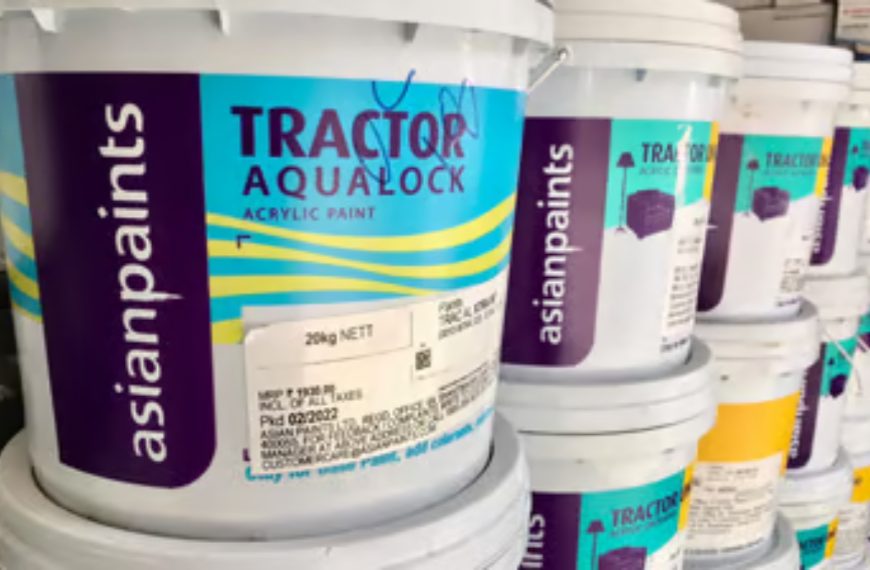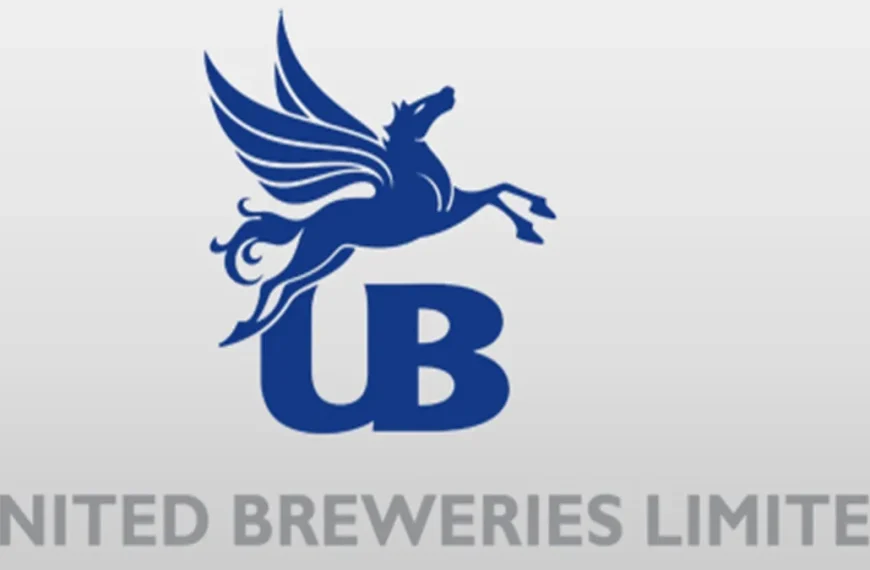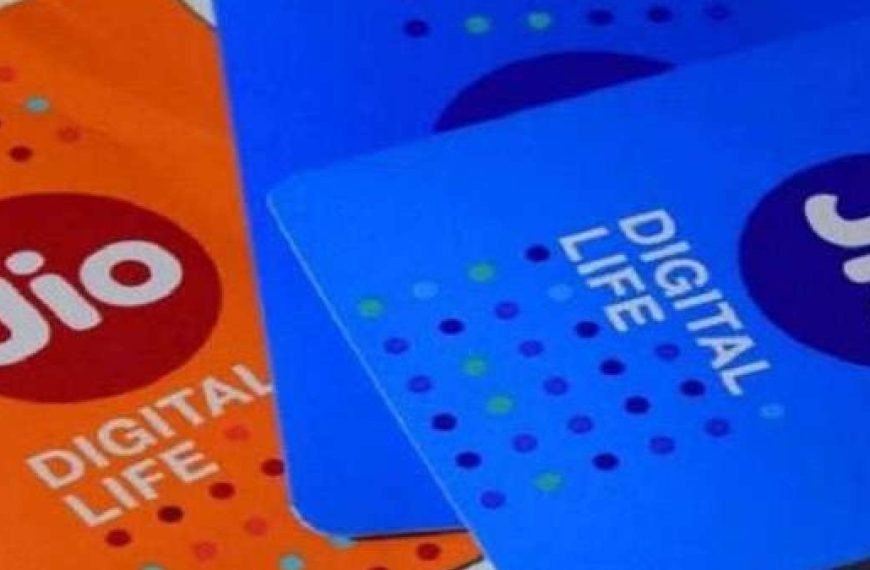In a promising outlook for the fast-moving consumer goods (FMCG) sector, Sudhir Sitapati, Managing Director and CEO of Godrej Consumer Products Limited (GCPL), expressed optimism about a rebound in consumer demand over the next 12 to 18 months. Factors such as decreasing food inflation, government welfare initiatives, and potential increases in pay commissions are expected to enhance disposable income among consumers. GCPL projects mid-to-high single-digit volume growth for FY26, alongside anticipated high-single-digit revenue increases and double-digit EBITDA growth as market conditions improve and inflation eases.
Current Trends in the FMCG Market
The FMCG landscape has faced challenges, particularly in urban centers, which have seen sluggish growth for the past year. Conversely, rural markets have demonstrated resilience, bolstered by favorable monsoon seasons and abundant harvests. Sitapati, who has an extensive background in FMCG from his previous role at Hindustan Unilever (HUL), believes that rural demand will continue to outperform urban areas in the near future.
Positive Indicators for Consumer Demand
“I’m optimistic about consumer demand in the upcoming year and a half due to several key reasons,” Sitapati remarked during a media roundtable following the company’s results announcement. He noted the reversal of the El Niño effect, leading to a decline in food price inflation in early months of the year. Additionally, he highlighted that income tax cuts and government welfare measures are beginning to yield positive results. With a pay commission review on the horizon, historical trends suggest a boost for the FMCG sector as similar scenarios have previously led to increased consumer spending.
Insights from Industry Leaders
Sitapati’s insights align with remarks from other prominent FMCG executives in India, including Rohit Jawa, CEO of HUL, and Suresh Narayanan, Chairman and MD of Nestlé India. Jawa noted that favorable macroeconomic conditions are creating a “beneficial moment for the consumer packaged goods industry.” He emphasized that urban demand may have been sluggish, but the overall economic indicators—such as reduced food inflation and lower interest rates—are paving the way for improved consumption.
Strategic Pricing and Product Focus
In light of shifting market dynamics, Sitapati indicated that GCPL would likely refrain from substantial price hikes in its soap products, thanks to the improved cost environment for palm oil. The company has already adjusted soap prices by approximately 15-16%, despite facing a 20% inflation rate in palm oil. “We chose to limit our price increases to avoid shocking consumers,” he explained, positioning GCPL as the second-largest soap manufacturer in India, trailing only HUL.
Expanding into High-Growth Markets
GCPL is now turning its focus toward high-growth, under-penetrated categories that promise potential for future expansion. Areas of interest include body wash, liquid detergents, deodorants, air fresheners, pet care, and sexual wellness products. In 2023, the company made a strategic acquisition of Raymond Consumer Care, thereby adding established brands like Park Avenue deodorants and KamaSutra wellness products to its portfolio.
Innovative Product Launches
In April 2024, GCPL introduced its pet care brand, Godrej Ninja, leveraging the group’s marketing expertise. Additionally, the launch of Fab Liquid, a detergent priced at ₹99, achieved an impressive annual revenue run rate of ₹250 crore within its first year. The company is also set to release more competitively priced products, including a ₹99 antiperspirant labeled Block and an affordable KamaSutra deodorant.
Future Directions
GCPL aims to expand its presence in the household insecticide market using patented technologies to innovate in electric and incense formats. This initiative targets the illegal incense stick market, enhancing product awareness and consumer education.
In summary, as GCPL prepares for a potentially prosperous future, the combination of strategic pricing, innovative product offerings, and positive market conditions positions the company for growth in the evolving FMCG landscape.











